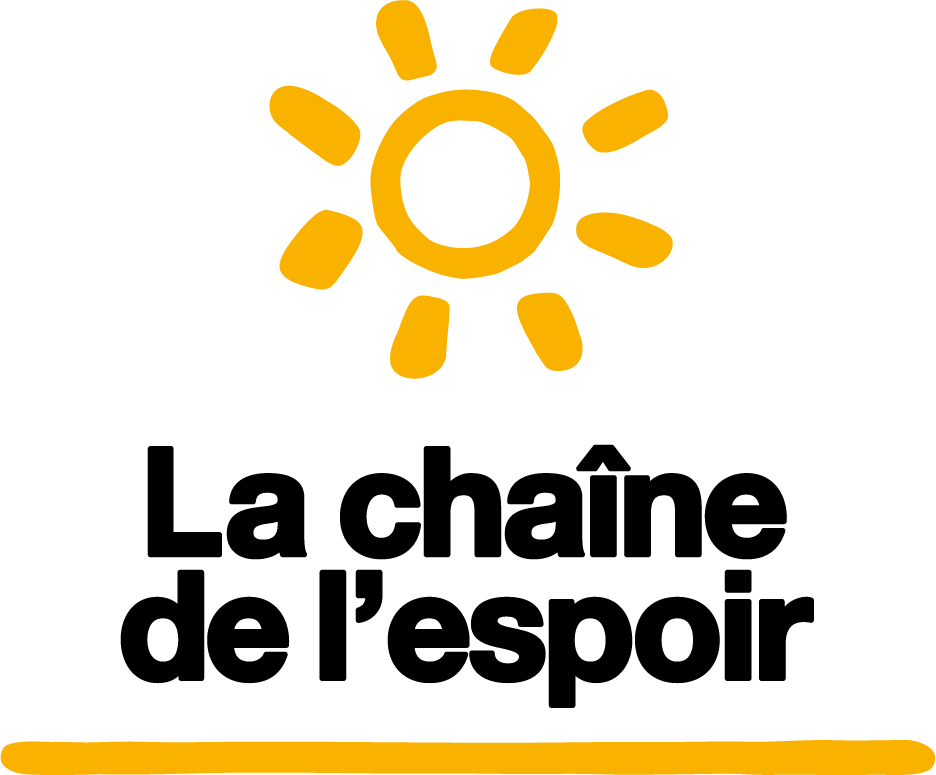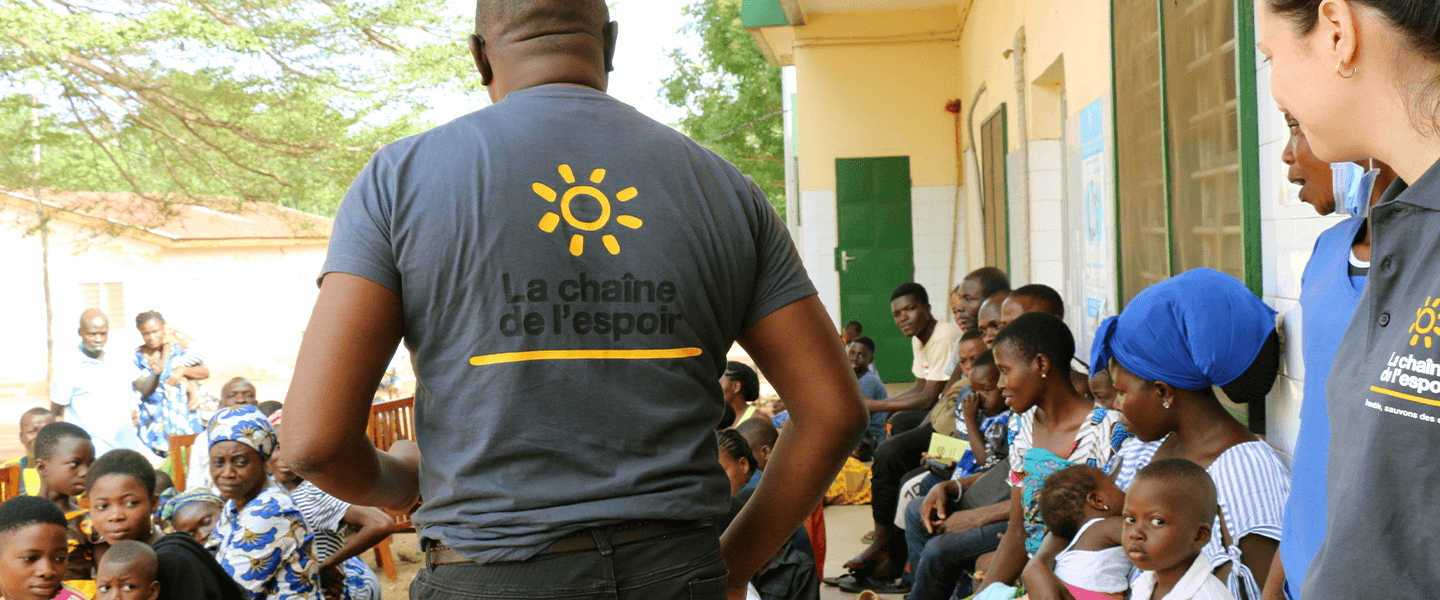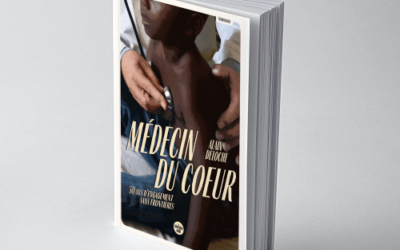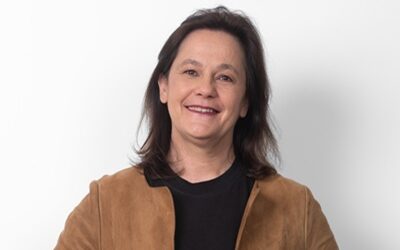A look back at the first caustic stenosis mission in Mali
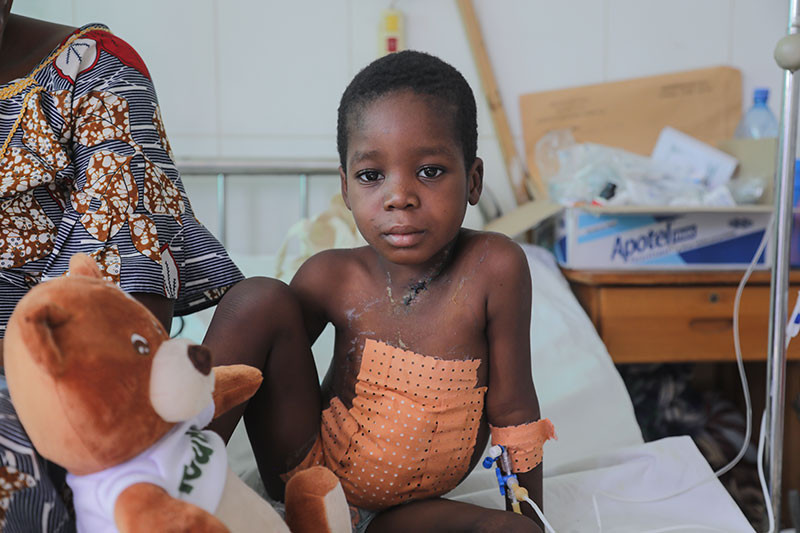
From March 31 to April 20, the La Chaîne de l’Espoir team visited the Mali Hospital in Bamako to treat children suffering from caustic burns of the oesophagus.
The mission took place in two parts in Dr Sadio Yéna ‘s thoracic and cardiovascular surgery department at Mali Hospital.
Dr Stéphanie Heulhard de Montigny, pediatric gastroenterologist and endoscopist, was in charge of the first part of the mission, from March 31 to April 6. This involved performing endoscopies to establish an initial assessment of the child’s condition, and performing esophageal dilatations.
In a second phase, operations were carried out from April 14 to 20, by Dr Sadio Yéna in collaboration with the La Chaîne de l’Espoir team comprising Dr Pascal Thomas, thoracic and cardiovascular surgeon, Rocio Ortego Delgado, intensive care anesthetist and Stéphanie Hurstel, IBODE.
A total of 22 Malian and Guinean children underwent endoscopy , 10 of whom underwent dilatation. An operation was nevertheless necessary for 3 children requiring esophageal replacement. The operations went perfectly, and after a two-week recovery period, the children were able to rediscover the joy of eating and drinking normally.
Caustic stenoses
Caustic stenosis, or caustic burns of the esophagus, is a real scourge in West Africa. Used to dye hair or make soap, caustic soda, which comes in liquid form in plastic bottles, is often mistaken for a soda by children. When ingested, it causes severe burns to the esophagus, preventing the child from eating and drinking properly.
Thanks to La Chaîne de l’Espoir and its strong involvement in this public health issue, young patients are being treated in Mali and Côte d’Ivoire thanks to the program set up.
against caustic stenosis
